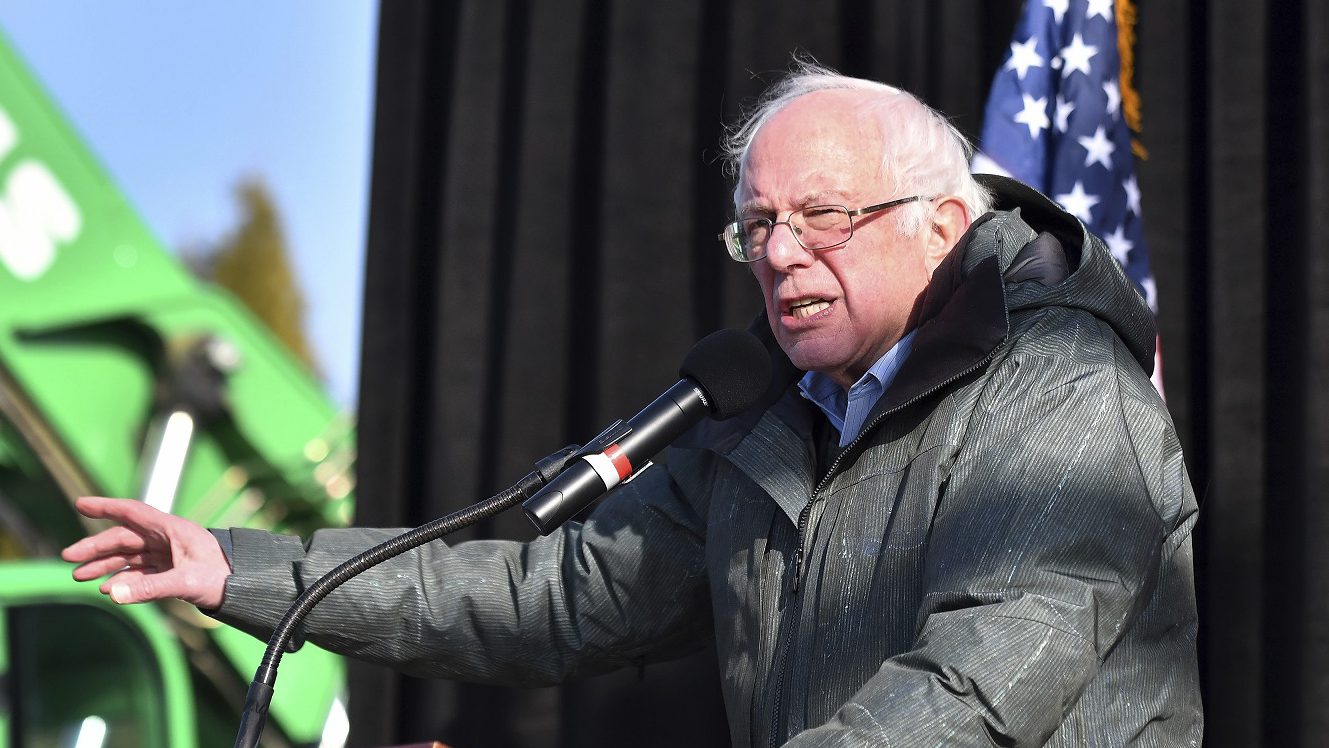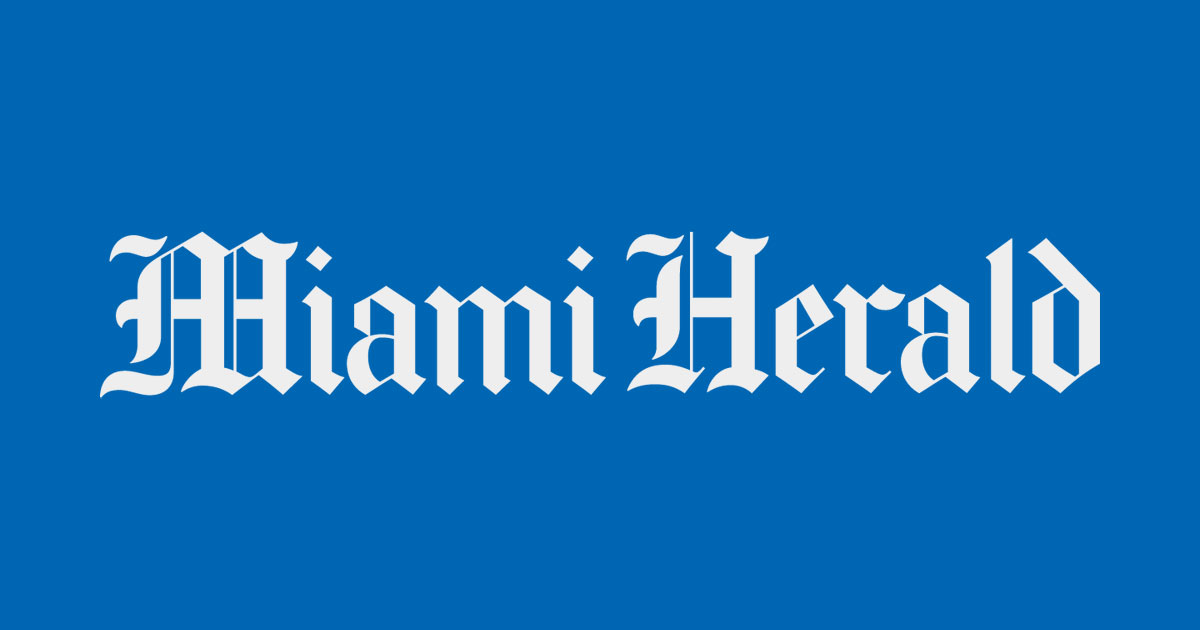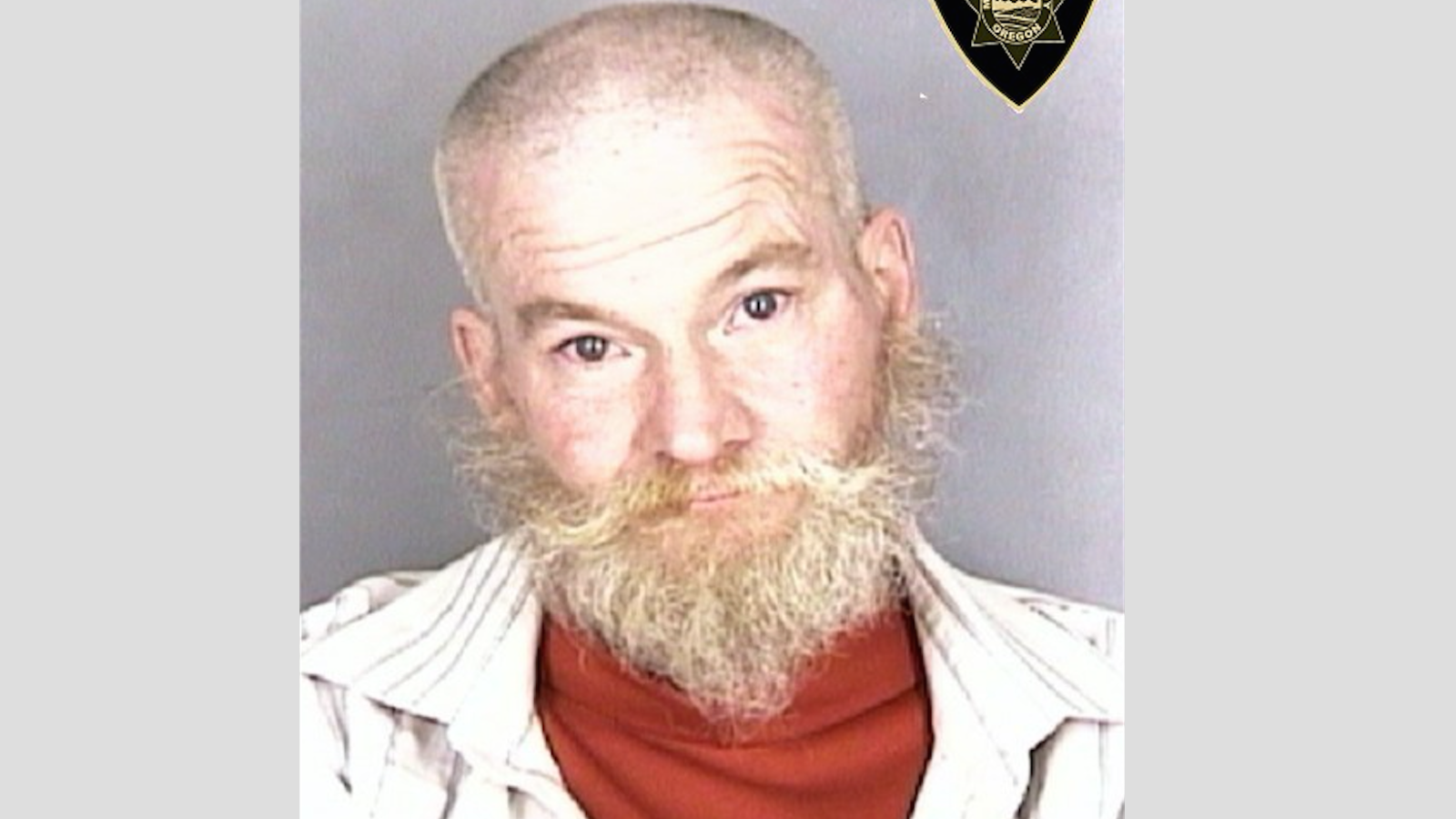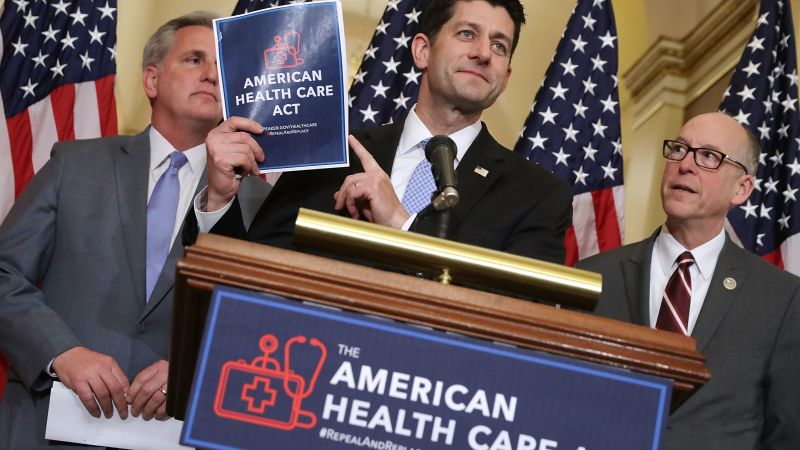Presidential candidate and Sen. Bernie Sanders (I-Vt.) repeatedly railed against the negative impact of Citizens United v. FEC, handed down seven years ago Saturday. (Robin Buckson/The Detroit News via AP)
Among the inaugural festivities and protests this weekend, spare a thought Saturday for the seventh anniversary of the Supreme Court’s landmark Citizens United v. Federal Election Committee ruling — a decision that has left a deeper footprint with every election cycle.
After the 5-4 decision, which freed corporations and unions to make unlimited independent political expenditures, the super PAC was born. And that creature has gone forth and multiplied: Super PAC spending in the 2016 cycle was almost double its level in last presidential election, $1.1 billion compared to $609 million in 2012. The number of super PACs likewise nearly doubled, going from 1,300 to more than 2,400 in just four years.
Neither major political party is immune to the influence of outside money since Citizens United; liberal super PACs spent $440 million in 2016 while conservative super PACs spent $648.2 million.
In what the Center for Responsive Politics estimates is most expensive election on record, outside spending played a huge role. Outside groups overall — including not just super PACs but also dark money and certain other organizations, but not counting party committees — reported laying out almost $1.5 billion, compared to $562 million in 2014 and $1 billion in 2012. That’s a 43 percent increase when comparing this presidential election season to the previous.
With new paths created to bypass strict financial donation limits, a smaller pool of wealthy donors is putting more money on the table to push their causes and support their candidates – in Washington and beyond.
Top ten biggest donors to outside groups in 2016
The party label shows which party these donors gave the majority of their funds.
Meanwhile, some of the individuals who were behind the original case are in the news today: David Bossie, president and chairman of the group Citizens United at the time the case was argued, is now perhaps better known as Donald Trump’s deputy campaign manager. Billionaire brothers David and Charles Koch, whose influence can be seen in some of the individuals Trump has chosen to help run his administration — Marc Short, for instance, named to be White House legislative liaison, has long worked with and for the Kochs — helped bankroll Citizens United when it was founded in 1988.
Blurring of the lines, routes for foreign funds
The majority opinion in Citizens United, written by Justice Anthony Kennedy, laid out a principle reason for allowing unlimited spending by corporations and unions: It would be done independently from candidates’ campaigns, and thus would not be corrupting. But many campaign finance watchdogs say that firewall is eroding at a quick pace.
“Since the inception of the supposedly independent super PACs, political operatives that run them and campaigns have been edging ever more closely together,” said Brendan Fischer of the Campaign Legal Center, which filed multiple complaints this year dealing with coordination laws. “You saw this on full display” in the 2016 cycle, he noted.
Fischer named two cases in particular: Pro-Trump super PAC Rebuilding America Now was formed by two former Trump campaign staffers who argued the former employee rule didn’t apply because they weren’t paid by the Trump campaign. (Campaign staffers are required to wait for 120 days before going to work for a super PAC supporting that campaign, to keep the two groups independent.)
On the other side, a pro-Hillary Clinton super PAC run by liberal political operative David Brock, Correct the Record, asserted it could legally coordinate with the Clinton campaign as long as it stuck to internet communications and didn’t pay for TV or radio ads.
“They are pioneers in a certain sense,” Fischer said. “There is every reason to believe [other] super PACs will follow the path laid down by these super PACs and will seek to exploit the same loopholes that they asserted. The wall between super PACs and campaigns is crumbling and will continue to crumble.”
Critics have also long feared that illegal foreign money could more easily find its way into U.S. elections as a result of the huge amounts of money sloshing around the system thanks to Citizens United.
“Last week, the Supreme Court reversed a century of law that I believe will open the floodgates for special interests – including foreign corporations – to spend without limit in our elections,” President Obama said in 2010.
The Intercept found just such an example in the 2016 presidential race: A U.S.-based corporation wholly owned by a Chinese couple funneled $1.3 million to Republican presidential contender Jeb Bush‘s supporting super PAC Right to Rise. Meanwhile, The Telegraph sent undercover reporters posing as representatives of a Chinese businessman wanting to funnel $2 million to the pro-Trump Great America PAC. That investigation found a former staffer at the PAC who outlined the way he could route the funds to the super PAC from this supposed foreign donor. The super PAC’s lawyer denied engaging in any activity of the sort.
“We have every reason to believe these were not isolated examples, especially given the evidence that foreign interests have an interest in impacting U.S. elections,” Fischer said.
Jan. 19: This piece has been corrected to clarify the relationship between Jesse Benton and the Great America PAC. We regret the error.
Researcher Alex Baumgart contributed to this post.
Source: Seven years later: Blurred boundaries, more money





